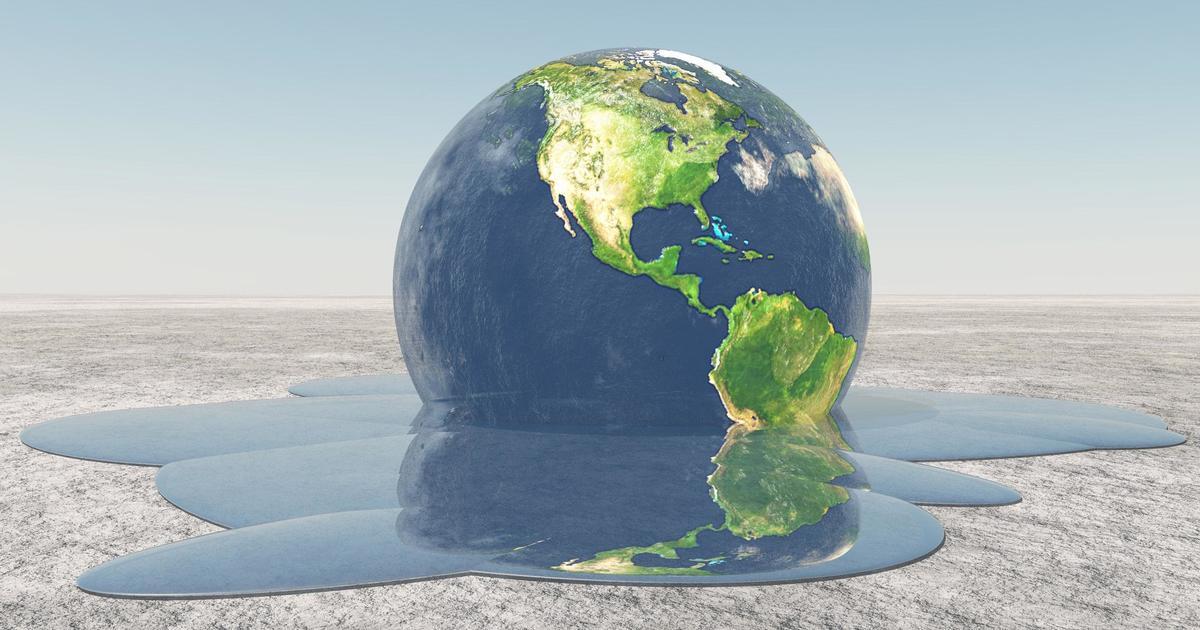- 22 August 2024
- 233
How Climate Change is Influencing Travel Trends?

Climate change is no longer a distant threat; it is a present reality that is reshaping various sectors globally, including travel and tourism. As the planet grapples with rising temperatures, unpredictable weather patterns, and increasing natural disasters, the travel industry is experiencing profound shifts. This article delves into how climate change is influencing travel trends, examining the multifaceted impacts on destinations, traveler behavior, and the industry’s response.
Rising Temperatures and Destination Shifts
One of the most immediate effects of climate change is the alteration of travel destinations. Traditionally popular tourist spots are experiencing shifts in their appeal due to rising temperatures. For instance, destinations known for their mild climates are facing hotter summers, deterring visitors who seek comfortable weather. Conversely, regions that were once too cold for mainstream tourism are becoming more attractive.
Case Study The Mediterranean

The Mediterranean region, renowned for its temperate climate, is witnessing hotter and longer summers. This shift is prompting travelers to reconsider their vacation timings and destinations. Northern European countries, which were previously less frequented during summer, are now seeing an influx of tourists. This trend is not only redistributing tourist footfall but also impacting the local economies dependent on seasonal tourism.
Unpredictable Weather Patterns
Climate change is also leading to more unpredictable weather patterns, which can disrupt travel plans and deter tourists. Increased frequency of storms, hurricanes, and floods poses significant risks to both travelers and the infrastructure of tourist destinations.
Impact on Coastal Regions
Coastal regions, which are major tourist attractions, are particularly vulnerable. The increasing occurrence of hurricanes and rising sea levels are threatening the very existence of some of these destinations. For example, the Caribbean islands, which rely heavily on tourism, are facing devastating impacts from more frequent and severe hurricanes. This unpredictability is causing travelers to seek safer, more stable destinations, thereby altering traditional travel trends.
Environmental Awareness and Sustainable Travel
As awareness of climate change grows, so does the demand for sustainable travel options. Travelers are increasingly prioritizing eco-friendly practices and destinations that support sustainability. This shift is influencing the travel industry to adopt greener practices and promote responsible tourism.
Rise of Eco-Tourism
Eco-tourism is gaining momentum as travelers seek to minimize their environmental footprint. Destinations that offer sustainable tourism practices, such as conservation efforts, renewable energy usage, and eco-friendly accommodations, are becoming more popular. This trend is not only beneficial for the environment but also for local communities that thrive on sustainable tourism models.
Technological Innovations and Adaptations
The travel industry is leveraging technological innovations to adapt to the challenges posed by climate change. From advanced weather prediction tools to sustainable transportation options, technology is playing a crucial role in reshaping travel trends.
Sustainable Transportation
One significant development is the push towards sustainable transportation. Electric vehicles, high-speed trains, and innovations in aviation technology are reducing the carbon footprint of travel. Airlines are increasingly investing in more fuel-efficient aircraft and exploring alternative fuels to mitigate their environmental impact.
Health and Safety Concerns
Climate change is also influencing travel trends through its impact on health and safety. The spread of diseases, exacerbated by changing climates, and the increased risk of natural disasters are making travelers more cautious.
Health Precautions
Travelers are now more vigilant about health precautions, particularly when visiting regions prone to climate-sensitive diseases such as malaria and dengue fever. This heightened awareness is influencing travel choices, with a preference for destinations with robust healthcare infrastructure and lower health risks.
Economic Implications
The economic implications of climate change on travel trends are profound. Destinations that are heavily reliant on tourism are facing economic challenges due to the changing climate. This is prompting a reevaluation of economic strategies to adapt to the new reality.

Diversification of Tourism Offerings
To mitigate the economic impact, many destinations are diversifying their tourism offerings. This includes promoting off-season travel, developing new attractions, and investing in infrastructure that can withstand climate-related challenges. Such strategies are essential for sustaining tourism in the face of climate change.
Conclusion
Climate change is undeniably influencing travel trends in significant ways. From shifting destinations and unpredictable weather patterns to the rise of sustainable travel and technological adaptations, the travel industry is undergoing a transformation. As travelers become more conscious of the environmental impact and prioritize safety, the industry must continue to innovate and adapt. The future of travel will be defined by how effectively the industry responds to the challenges and opportunities presented by climate change.

